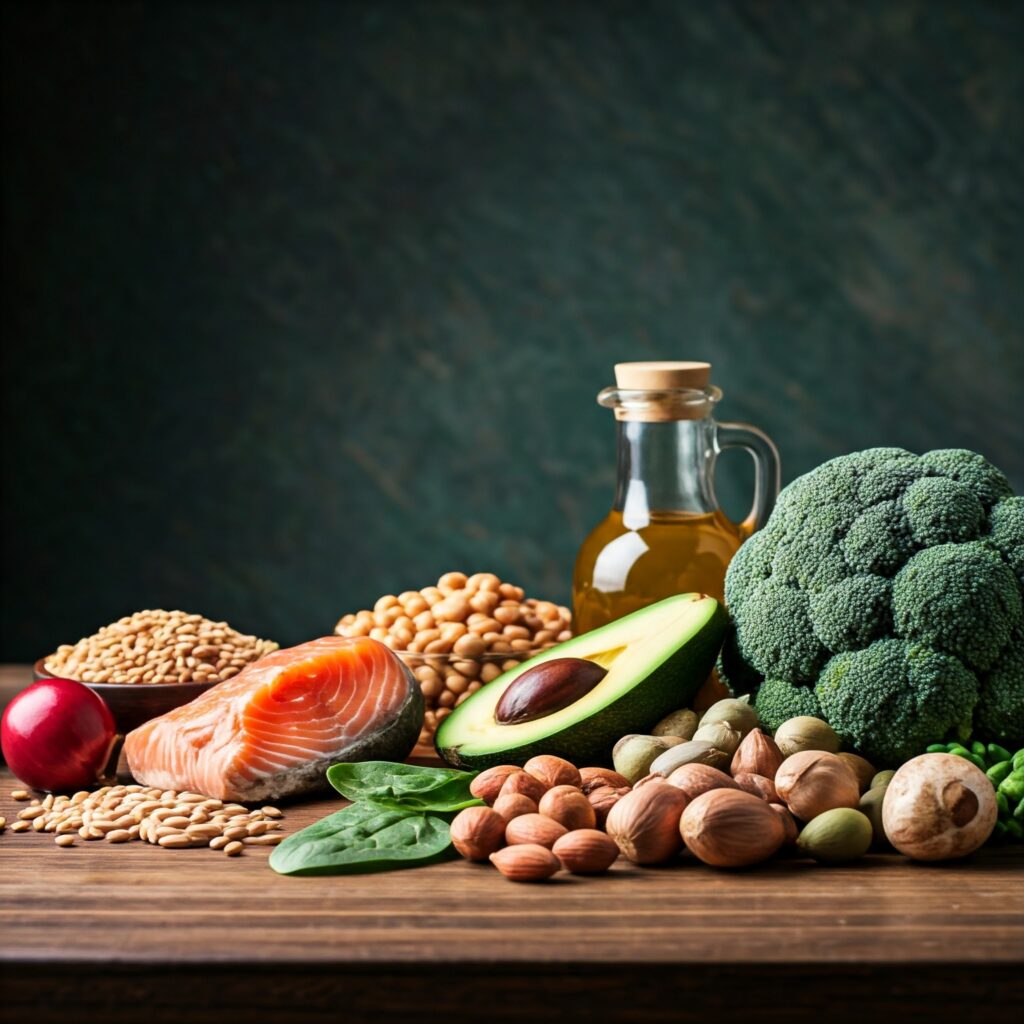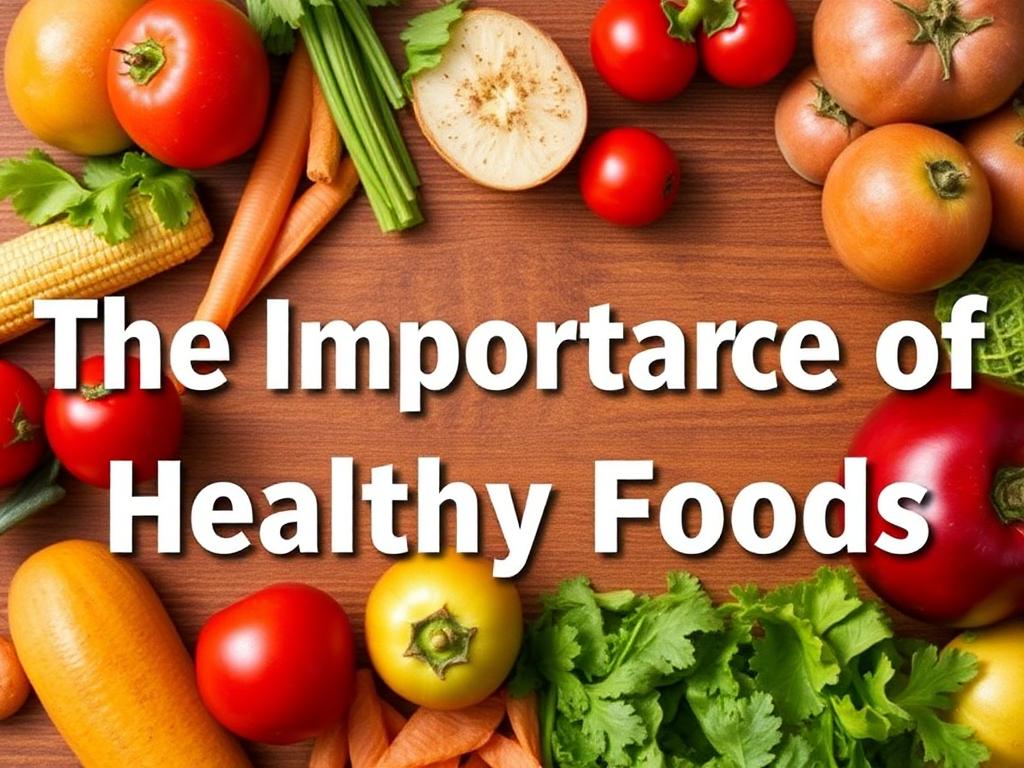When it comes to living our best lives, it all begins with what’s on our plate. You’ve probably heard the phrase, “You are what you eat,” right? It might sound cliché, but it’s 100% true! The connection between our diet and overall health is undeniable, and healthy eating isn’t just a trend; it’s a lifestyle worth embracing.
Defining Healthy Foods
What Are Healthy Foods?
Healthy foods are nutrient-dense and fuel our bodies without the unnecessary additives or excess calories. Think of vibrant fruits, colorful veggies, whole grains, lean proteins, and healthy fats—all these fall into the category of wholesome foods.

Difference Between Healthy and Unhealthy Foods
While healthy foods offer essential nutrients and energy, unhealthy ones often pack lots of sugar, salt, and unhealthy fats. Think fast food versus a hearty homemade salad. The difference is crystal clear, and your body feels it too!
The Benefits of Healthy Foods
Improved Physical Health
- Weight Management
Maintaining a healthy weight is so much easier with foods rich in fiber and proteins that keep you feeling full longer. Plus, whole foods usually have fewer hidden calories. - Boosted Immunity
Ever noticed how a poor diet can make you more prone to getting sick? A balanced, healthy diet supports your immune system, helping your body fight off colds and flu like a pro.
Enhanced Mental Well-Being
Healthy foods don’t just impact your waistline—they can brighten your mood, too! Research suggests a balanced diet can help reduce stress and even combat mental health issues like anxiety and depression.
Long-Term Health Benefits
From reducing the risk of chronic diseases like diabetes and heart problems to increasing your lifespan, the rewards of eating healthily are long-lasting.
Components of Healthy Foods
Whole Grains and Their Role
Whole grains like quinoa, oats, and brown rice are fantastic sources of fiber and energy. They help regulate your digestion and keep your heart happy.
Fruits and Vegetables: Nature’s Powerhouses
Packed with essential vitamins and antioxidants, fruits and vegetables are your body’s best friends. Aim for a rainbow on your plate—it’s as delicious as it is beneficial.
The Importance of Lean Proteins
Proteins help repair tissues and build muscles. Opt for lean choices like chicken, fish, or plant-based sources like lentils and beans.
Healthy Fats and Oils
Healthy fats from sources like avocados, nuts, and olive oil are great for heart health. Plus, they make your meals taste incredible!
Misconceptions About Healthy Eating
Healthy Food is Expensive: Fact or Myth?
Contrary to popular belief, eating healthily doesn’t mean breaking the bank. Seasonal fruits, frozen veggies, and bulk whole grains are budget-friendly and nutrient-packed options.
The “Diet Food” Trap
Not all “low-fat” or “diet” labeled foods are healthy. Often, they’re loaded with hidden sugars or artificial ingredients. Stick to whole, minimally processed options instead.
Making the Shift
How to Incorporate Healthy Eating Habits Gradually
Changing your diet doesn’t have to happen overnight. Start small—add a side salad to your meals or swap soda for water.
- Meal Planning
Planning your meals for the week can save you time, money, and unhealthy choices. - Smart Grocery Shopping Tips
Stick to the perimeter of the grocery store—this is where fresh produce, meats, and dairy are often placed.
Challenges and How to Overcome Them
Common Challenges in Adopting Healthy Eating
Busy schedules, cravings, or social pressures can make healthy eating seem tough.
Staying Motivated and Consistent
Remind yourself why you started. Tracking your progress, trying new recipes, or finding a supportive community can work wonders.
Conclusion
Healthy eating isn’t about perfection—it’s about making better choices, one step at a time. Whether it’s for your physical health, mental well-being, or future self, the benefits are beyond worth it. Start today; your body and mind will thank you.
FAQs
- Why is eating healthy important?
Healthy eating keeps you energetic, reduces disease risks, and improves your quality of life. - What are three key components of a healthy diet?
Fruits and vegetables, whole grains, and lean proteins. - How can I eat healthily on a budget?
Buy seasonal produce, opt for frozen veggies, and avoid processed foods. - What’s the best way to start eating healthy?
Begin with small, manageable changes like including more vegetables in your meals. - Can unhealthy foods ever be part of a healthy diet?
Yes, in moderation! A treat now and then won’t derail a healthy lifestyle.

